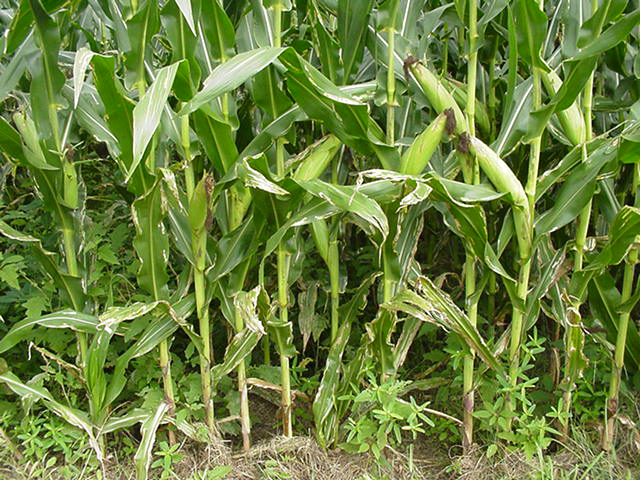
Corn blotch leafminer, Agromyza parvicornis, is a leaf-feeding insect normally considered an “occasional or non-economic” pest.


Corn blotch leafminer, Agromyza parvicornis, is a leaf-feeding insect normally considered an “occasional or non-economic” pest.
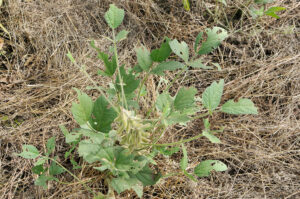
Reports of grasshoppers within fields have been received. The pictures and videos included with the emails showed numerous grasshopper nymphs severely defoliating soybean that were planted into a standing cereal rye cover crop. The soybean plants were delayed in growth, as they were shaded by the dying rye. Grasshoppers, as the name suggests, love feeding on a range of grasses but are certainly not limited to this group of plants.
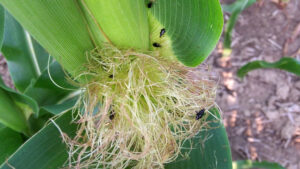
When weed control is delayed in fields, previously unseen insects become nuisance pests for the growing crop. This week, agronomists in central and northeastern Indiana, sent pictures with the “What is this bug?” question. We’ve had similar encounters with the redheaded flea beetle in past years.
A considerable number of male western bean cutworm moths have emerged and been captured in the last week. Some pest managers have reported finding egg masses. As previously mentioned, the female moths seem to have a preference for depositing eggs on the upright leaves just before tasseling. The hatched larvae will crawl immediately to the whorl or leaf axils, depending on corn’s growth stage, for protection while feeding on leaf tissue and/or pollen
2020 Western Bean Cutworm Pheromone Trap Report
2019 Western Bean Cutworm Pheromone Trap Report
2019 Western Bean Cutworm Pheromone Trap Report
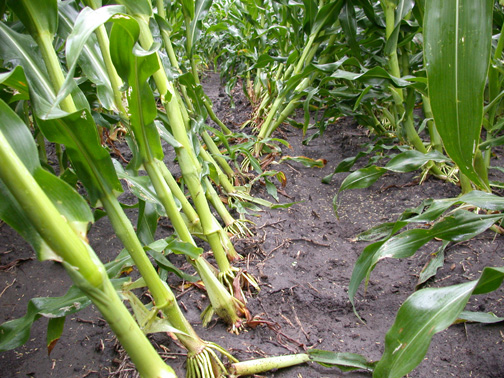
With the recent heavy rains and winds in many parts of the state, it seems like a good time to talk about corn lodging.
2019 Western Bean Cutworm Pheromone Trap Report
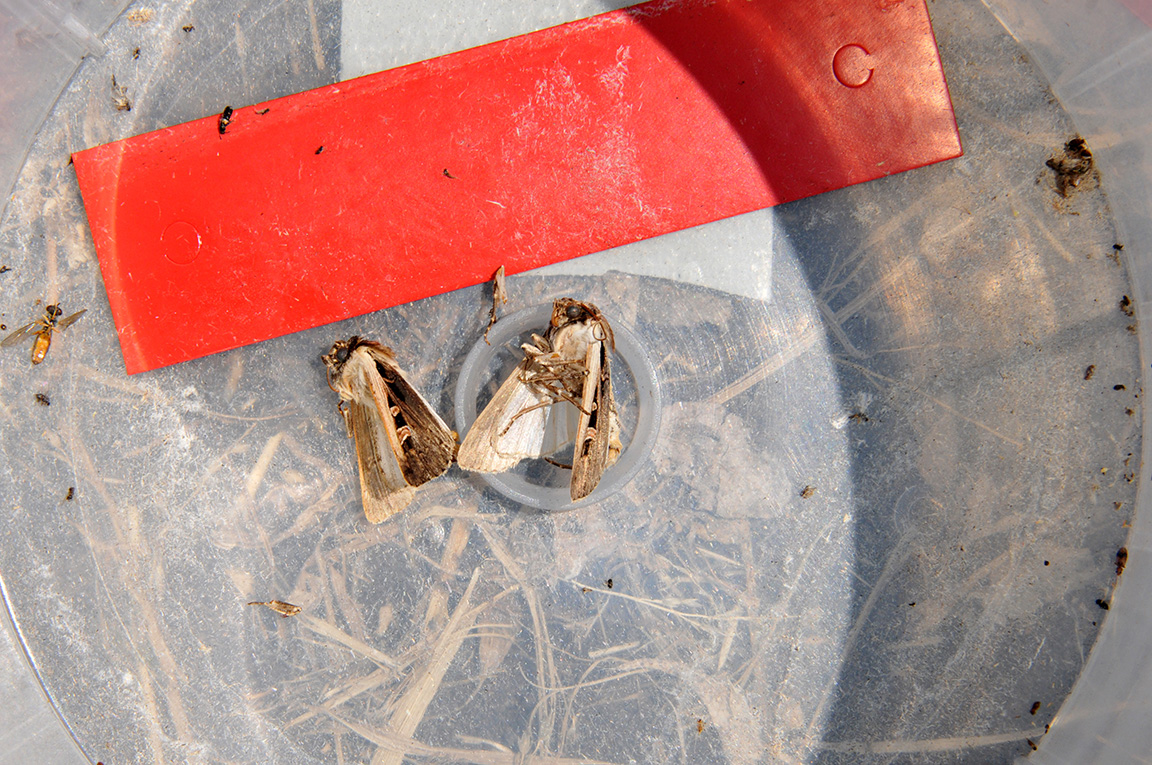
Pheromone trapping began for western bean cutworm moths this past week.
© 2026 Purdue University | An equal access/equal opportunity university | Copyright Complaints | Maintained by Pest&Crop newsletter
If you have trouble accessing this page because of a disability, please contact Pest&Crop newsletter at luck@purdue.edu.